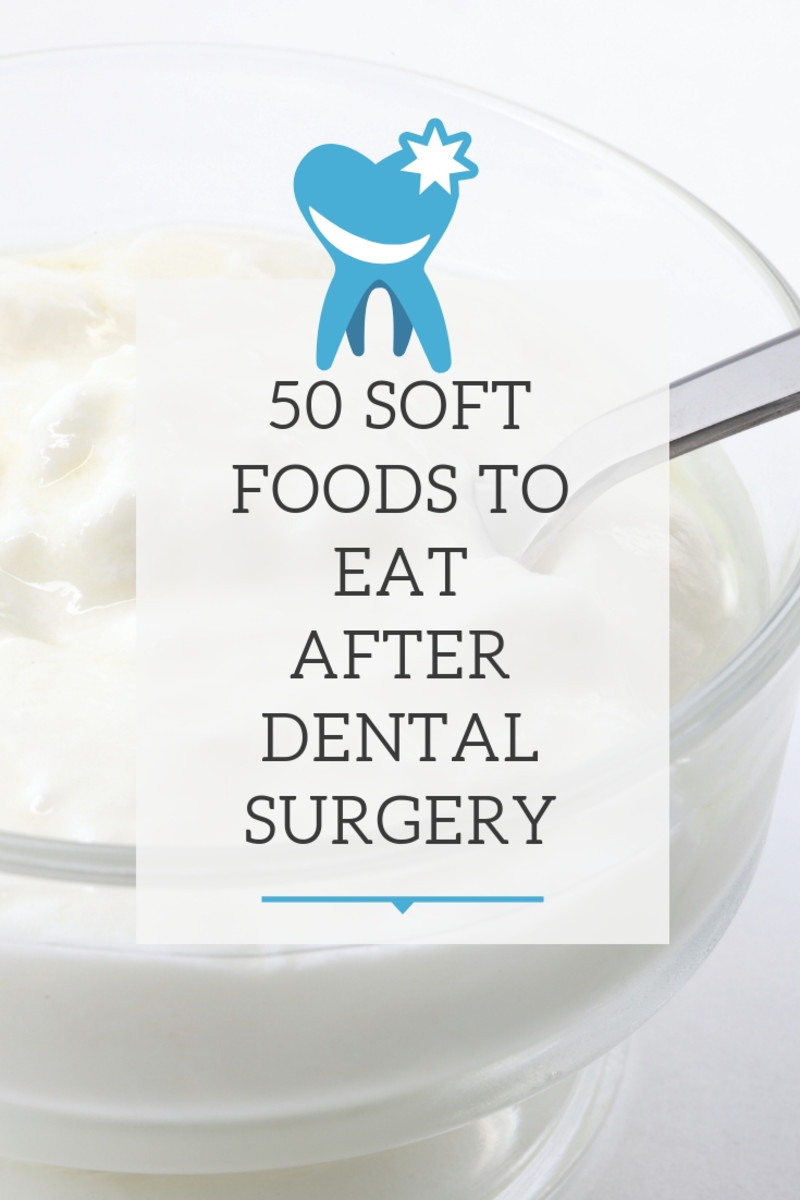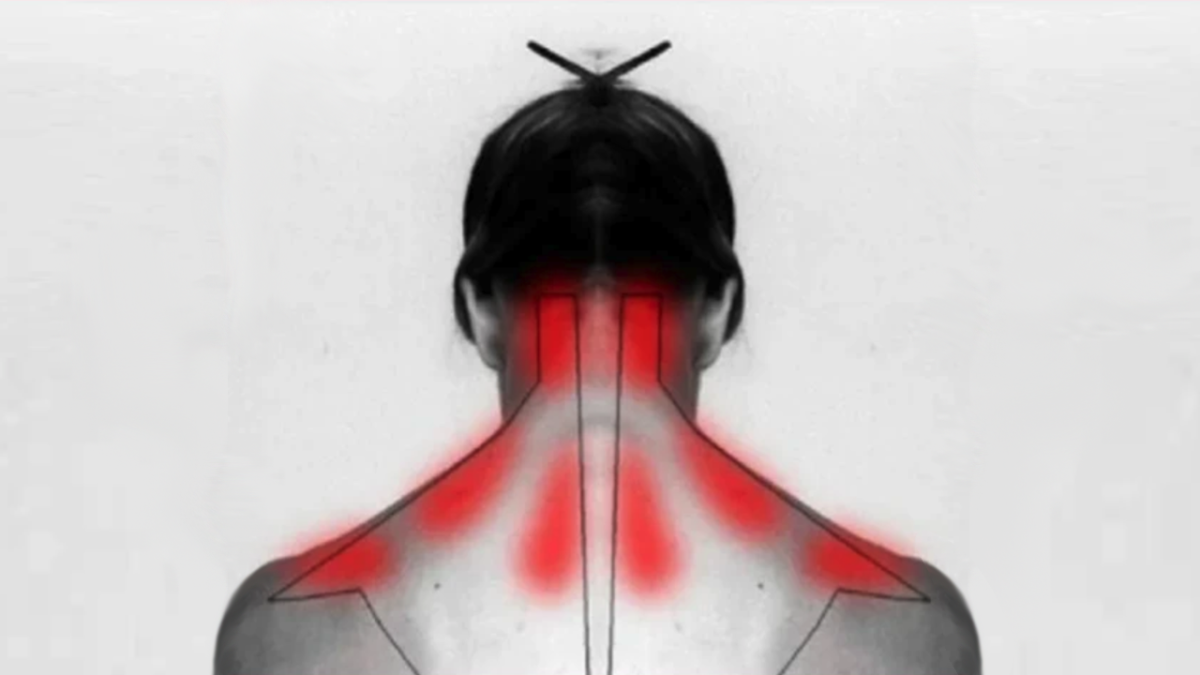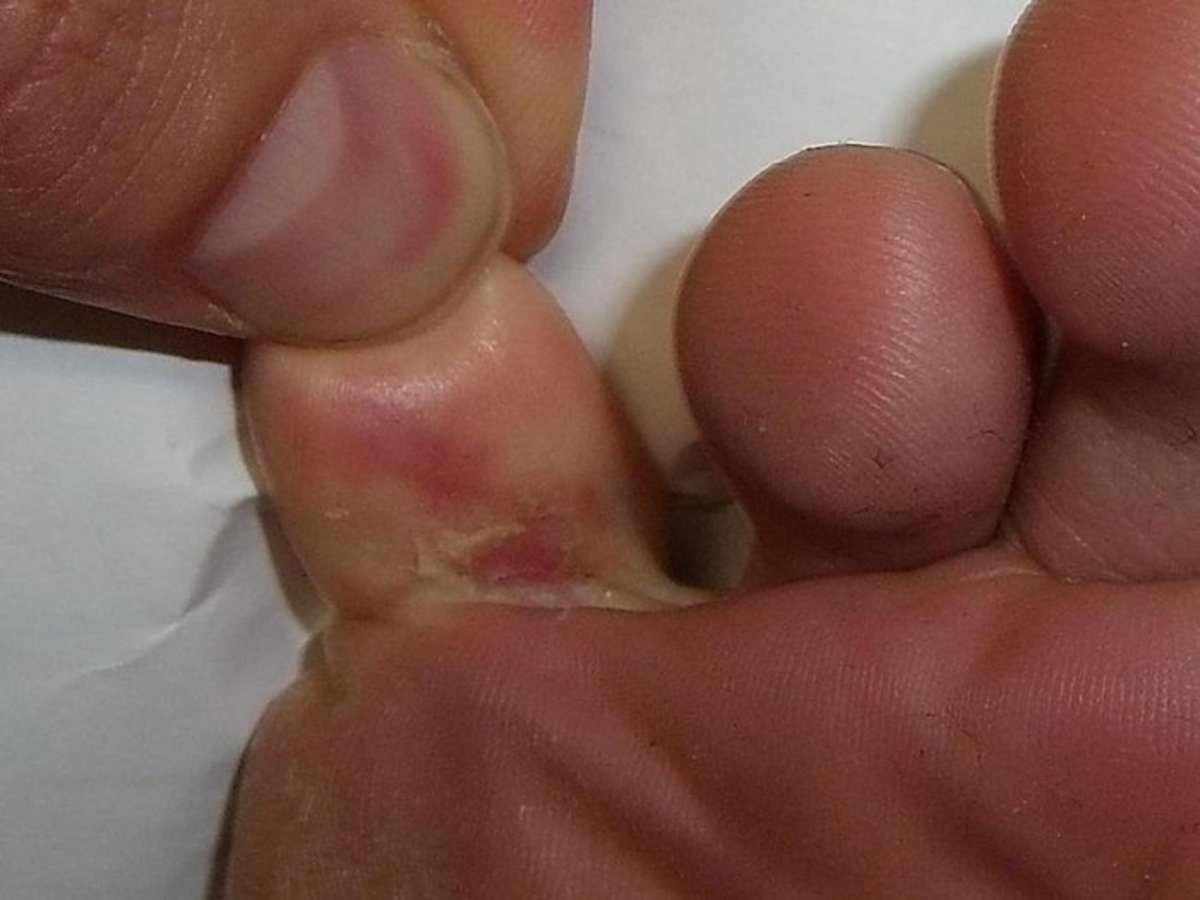Possible Health Benefits of Coffee
Guilt by Association
Coffee has not been proven to cause all these benefits, but it is associated with them. One way coffee might be helpful is that a cup contains more antioxidants, including chlorogenic acid, than a serving of vegetables. Up to five cups per day seems to have benefit. Most of these benefits are also associated with decaf.
NEW INFO: A study of over 8000 people showed an association between four or more cups of coffee per day and dementia, while lower amounts may be protective. The INTERSTROKE study of over 13,000 participants associated more than four cups of coffee per day with about a 33% increase in the risk of stroke.
Coffee is associated with lower incidence of the following:
gallstones
skin (including the worst type, melanoma), liver, prostate, mouth, pharyngeal (throat), uterine (womb), and colon cancer
an aggressive (ER-negative) type of breast cancer
diabetes
acute kidney disease
gout
dry eyes
MRSA (resistant staph infection)
heart attack and other inflammatory conditions
atrial fibrillation and other incident arrhythmias
congestive heart failure
Parkinson's disease
Alzheimer's disease
depression in women
only in low doses, suicide (High consumption of coffee increases suicide risk.)
gout
tooth decay
dry eyes
MRSA colonization
multiple sclerosis
brain tumor, including the worst kind, glioma
kidney disease in women
rosacea in women
cirrhosis of the liver and liver dysfunction
immune dysfunction
death (all-cause mortality)
Caffeine has long been known to boost the effectiveness of painkillers and is included in many of them. Researchers are now looking at caffeine as a painkiller in its own right.
As of October, 2017, Johns Hopkins reports that caffeine boosts certain types of memory. Caffeine also boosts performance during a physical workout.
And here's a proven benefit: the chlorogenic acid in coffee improves blood vessel function at one and five hours after drinking it.
I drink my coffee happily - 2 to 5 cups per day. My doctor would probably recommend my stopping (or switching to decaf) if I had one of the following conditions:
glaucoma or being at high risk for glaucoma
anxiety disorder or insomnia
stomach ulcer or reflux
certain kinds of kidney stones
too rapid heart rate
irritable bowel syndrome
urinary incontinence
high risk of bone fracture in women
pregnancy (Just don't drink lots.)
Here's a final note: If you stop drinking coffee all at once instead of tapering off, you may notice fatigue and a headache.
Check with your doctor for your individual best use of coffee.








